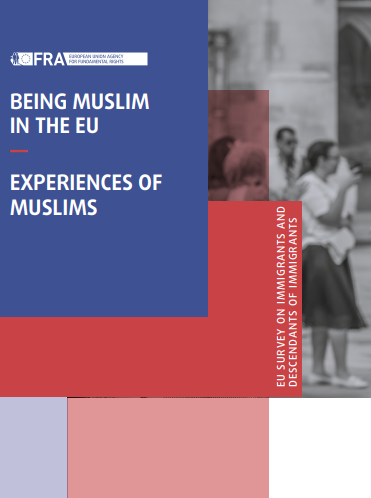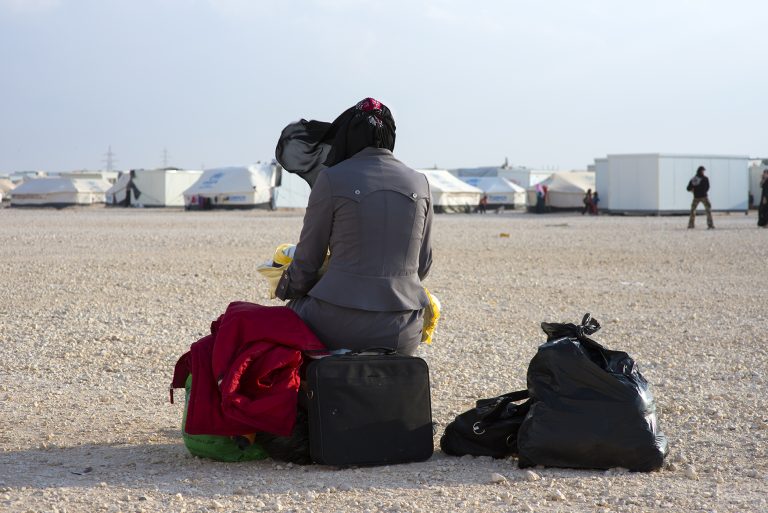The European Union Agency for Fundamental Rights (FRA) recently published a revealing report titled “Being Muslim in the EU – Experiences of Muslims,” presenting data that shows a continued increase in discrimination against Muslims across Europe. Surveying nearly 10,000 Muslims in 13 EU member states, the report sheds light on rising racial and religious discrimination, barriers in employment and housing, and challenges in accessing basic rights.

Key Findings of the FRA Report
High Levels of Discrimination: The report shows that 50% of Muslim respondents felt discriminated against in the five years preceding the survey, a concerning increase from previous years. This discrimination spans multiple areas, including employment, housing, education, and public services.
Employment Discrimination: Nearly 39% of Muslims reported discrimination when looking for a job, and 35% reported discrimination while at work. The FRA found that Muslim women wearing traditional or religious attire faced particularly high levels of prejudice, often leading to exclusion from professional opportunities.
Housing Discrimination: The survey highlights that one-third of Muslims face barriers in securing housing, with landlords often choosing non-Muslim applicants instead. This is an alarming increase from previous years and has direct implications on the community’s living standards and stability.
Reluctance to Report: Despite experiencing discrimination, only 6% of those affected reported incidents to authorities or organizations. The report indicates a widespread belief among respondents that reporting incidents would not lead to meaningful action, underscoring a need for more effective support and protections.
Health and Living Conditions: Many Muslim respondents live in inadequate housing conditions, with a lack of heating and overcrowding. The FRA notes that these factors contribute to health issues, compounding the challenges Muslims face in everyday life.
Context and Implications for EU Policy
This report is timely given ongoing debates over migration, integration, and social cohesion in Europe. The data suggests a need for targeted anti-discrimination measures at both EU and national levels. The FRA calls for an extension of the EU anti-racism action plan and stronger accountability mechanisms to ensure implementation.
Further Reading
For readers interested in exploring the FRA’s findings in detail, the full report "Being Muslim in the EU – Experiences of Muslims" is available for download here. This comprehensive document delves deeper into the specific challenges and discrimination faced by Muslim communities across various EU member states, offering a vital resource for understanding the need for policy action.





